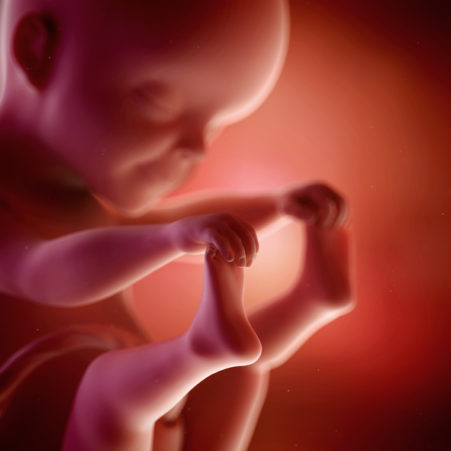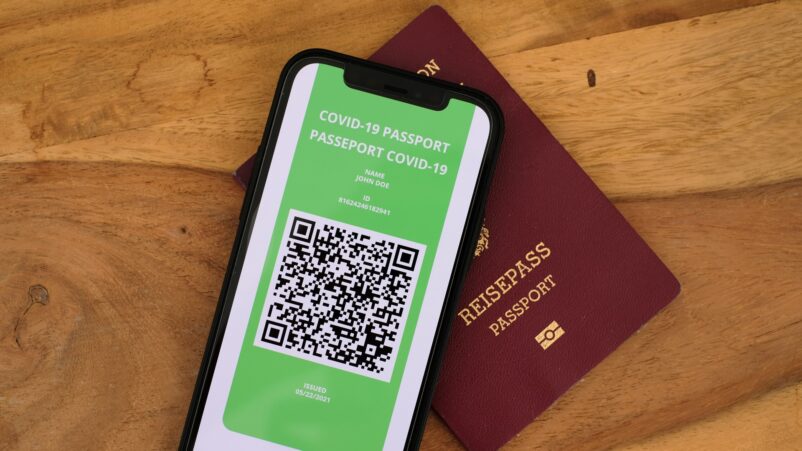
This week saw the third anniversary of the abortion referendum. A review of the abortion law at the three-year stage was promised by the Government and to mark the occasion, the National Women’s Council in Ireland (NWCI) has released a major report that seeks to make Ireland’s already very liberal abortion regime even more permissive. Among other things, they want to remove the three-day waiting period and totally decriminalise abortion.
At present, abortion can be obtained for any reason up to 12 weeks, which is when the vast majority of terminations take place. The NWCI want to extend this limit into the second trimester of pregnancy – up to 24 weeks – which means abortion-on-demand even when the baby could survive outside the womb.
As mentioned, they want the complete removal of the three-day waiting period. A cooling-off period between asking for, and receiving an abortion, is quite common in other countries. For instance, it is seven days in Italy, six days in Belgium, five days in the Netherlands, and it gives the mother some time to consider an irreversible choice.
The current legislation allows abortion up to birth if the foetus is expected to die within 28 day of birth due to a potentially fatal condition.
The NWCI want a complete removal of any time limit. It means that a baby which could live for months, or even years after birth, could be killed in the womb, or else delivered alive and left to die.
Moreover, they want the State to cover all the medical and travel costs for those who have abortion abroad. This would include “claim expenses around the repatriation of remains and funeral arrangement”. No such provision exists for similar abortions carried out in the country.
The NWCI want to ban prayers or protests outside abortion facilities. No other European country has similar bans and Garda Commissioner Drew Harris has said that exclusion zones outside abortion facilities are not needed.
The document also says: “Conscientious objection should not be permitted to obstruct access to abortion care”. It is not clear what this implies but the NWCI think that the State should be collecting data about conscientious objections. This could have a chilling effect on the right.
Currently, in nine of the 19 Irish maternity hospitals abortions are not offered because of conscientious objectors. The NWCI want abortions in every maternity hospital and are demanding fast-tracked medical appointments to fill the gaps. As a consequence, doctors would be recruited only if they are not conscientious objectors. What will happen to them if they change their mind? This would undermine the basic principle of freedom of conscience.
The NWCI document also requests maternity hospitals to offer priority ultrasound access to women seeking abortions, over any other expecting mother. They want all “abortion services” to be free for all, including illegal immigrants, and they are asking to remove the requirement for an Irish address.
In addition, they want the definition of ‘health’ broadened to the greatest possible extent so that, in practical terms, abortion is available on-demand at any point in the pregnancy.
As we can see, the abortion lobby in Ireland is not satisfied with the huge victory they achieved three years ago. They are now seeking to extinguish the right-to-life of the unborn even more. It is more urgent than ever that the pro-life movement keep the humanity of the unborn before the public and never let it be lost sight of.


